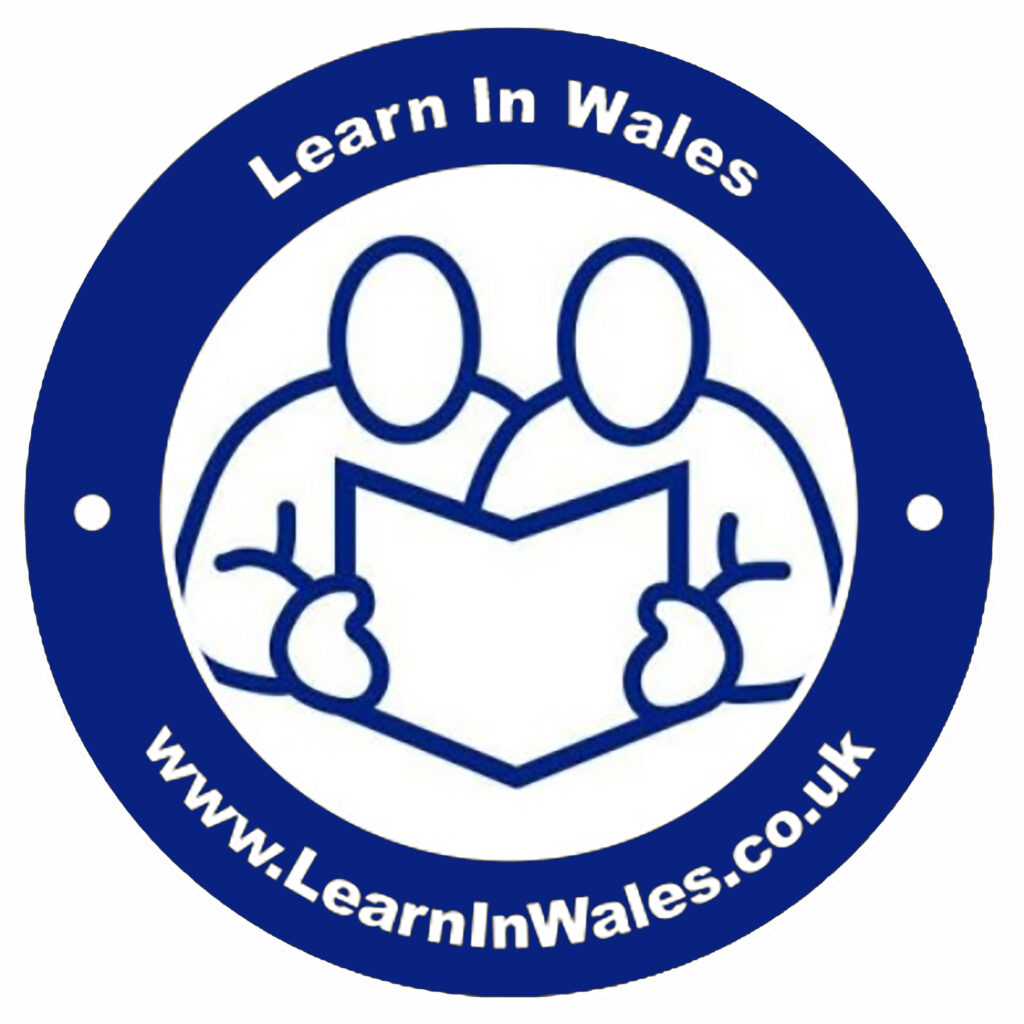
Authoritarian Regimes Ban Books: Suppressing Knowledge and Freedom of Expression
Books have long been a symbol of knowledge, enlightenment, and the free exchange of ideas. However, in authoritarian regimes around the world, books are often viewed as a threat to the ruling powers. These regimes use book bans and censorship as a means to control information, shape public opinion, and maintain their grip on power.
Authoritarian regimes ban books for a variety of reasons, all of which serve their overarching goals of maintaining control and suppressing dissent.
- Ideological Control: Authoritarian regimes often have a specific ideology or narrative they seek to impose on their citizens. Books that contradict or challenge this ideology are seen as a threat. By banning such books, these regimes aim to ensure that only their approved ideas and beliefs are disseminated.
- Suppressing Dissent: Books that criticize the government, its policies, or its leaders are a direct challenge to the regime’s authority. Banning such literature is a way to suppress dissenting voices and maintain a facade of unity and loyalty among the population.
- Protecting the Status Quo: Authoritarian leaders may fear that certain books could inspire movements for change, whether political, social, or cultural. Banning such works helps to preserve the status quo and prevent any potential threats to their rule.
- Controlling Information: In the digital age, access to information is a powerful tool. Banning books is a means to control the narrative and shape the worldview of the citizens. By limiting access to certain information, authoritarian regimes can manipulate public perception to their advantage.
Consequences of Book Bans
The consequences of banning books in authoritarian regimes are far-reaching and detrimental to both individuals and society as a whole.
- Suppression of Knowledge: Book bans deprive citizens of access to a wide range of ideas, perspectives, and information. This suppression of knowledge hampers intellectual growth and prevents individuals from making informed decisions.
- Violation of Freedom of Expression: Banning books is a clear violation of the fundamental human right to freedom of expression. It stifles creativity, hinders intellectual discourse, and creates a culture of fear where individuals are afraid to voice their opinions.
- Cultural Stagnation: By stifling dissent and banning books that challenge the status quo, authoritarian regimes stifle cultural innovation and creativity. This cultural stagnation can have long-term negative effects on a society’s development.
- Reinforcing Propaganda: Authoritarian regimes use book bans to reinforce their own propaganda and control the narrative. This can lead to a distorted and one-sided understanding of events and issues.
- Isolation: International isolation is often a consequence of book bans, as they are seen as a violation of human rights and freedom of expression. This isolation can have economic and diplomatic repercussions for the regime and the country as a whole.
Example of Classic Books To Be Banned From Schools
Classic books, known for their literary significance and cultural impact, have not been immune to censorship and bans. Various classic works of literature have faced challenges and attempts at censorship over the years, often due to controversial content, explicit language, or themes that some find objectionable. Here are some examples of classic books that have been banned or challenged:
- “To Kill a Mockingbird” by Harper Lee: This Pulitzer Prize-winning novel, which addresses themes of racism and injustice in the American South, has faced numerous challenges in schools and libraries for its use of racial slurs and its portrayal of sensitive topics.
- “1984” by George Orwell: A dystopian classic, “1984” has been banned or challenged for its depiction of totalitarianism, censorship, and political manipulation. Some have found its content too disturbing or subversive.
- “Catcher in the Rye” by J.D. Salinger: This novel has faced bans and challenges for its profanity, sexual content, and discussions of mental health issues. It remains a frequently challenged book in schools.
- “The Great Gatsby” by F. Scott Fitzgerald: Despite its status as a literary masterpiece, “The Great Gatsby” has been challenged for its language and references to sexuality, alcohol, and materialism.
- “Brave New World” by Aldous Huxley: Similar to “1984,” this dystopian novel has been banned for its themes of government control, drug use, and sexual content. It continues to spark debate about censorship.
- “Lord of the Flies” by William Golding: This classic exploration of human nature and societal breakdown has faced challenges in schools due to its violence, profanity, and dark themes.
- “The Adventures of Huckleberry Finn” by Mark Twain: A novel that addresses racism and the American South during the 19th century, “Huckleberry Finn” has been challenged for its use of racial slurs and its portrayal of racial stereotypes.
- “Of Mice and Men” by John Steinbeck: This novella, often assigned in schools, has faced challenges due to its themes of disability, racism, and profanity.
- “Fahrenheit 451” by Ray Bradbury: A book about book burning and censorship, “Fahrenheit 451” has faced irony in real life as it has been banned or challenged in various school districts for its themes.
- “One Flew Over the Cuckoo’s Nest” by Ken Kesey: This novel, which deals with mental illness and the power struggle within a psychiatric hospital, has been challenged for its sexual content and language.
It’s important to note that the reasons for banning or challenging these classic books vary, and opinions on their suitability for different audiences differ as well. While these books have faced controversy, they are also celebrated for their literary merit and their ability to provoke thought and discussion on important social and philosophical issues.
Conclusion
“The World Has Gone Mad”
Authoritarian regimes ban books as a means to control information, suppress dissent, and maintain their grip on power. However, these actions have severe consequences for the individuals living under such regimes and for society as a whole. The suppression of knowledge, violation of freedom of expression, cultural stagnation, and international isolation are all negative outcomes of book bans.
Efforts to combat book bans in authoritarian regimes often involve international pressure, support for independent publishers and writers, and the promotion of literature as a tool for positive change. It is essential to recognize and condemn book bans as a violation of fundamental human rights and to work towards a world where knowledge and free expression are celebrated and protected.
When children are taught profanities from an early age, and see violence in games and on TV, the pressing question is do certain groups promote narratives to fit their own agenda such as wokeism, just to have a reason to argue and are we being too sensitive for our own good?
There is evidence to suggest that exposure to violent media can lead to aggressive behavior in children. A study of middle school children found that those exposed to more profanity-laced TV shows or video games tended to use profanity themselves, and kids who used profanity, in turn, reported more instances of aggression. It’s important to note that the effects of media exposure on children’s behavior are complex and multifaceted. Other factors such as parental involvement, peer influence, and individual differences can also play a role.
As for the term “wokeism,” it is a term that has been used to describe a social and political movement advocating for social justice, equality, and the dismantling of systemic discrimination. The term “woke” originated from African-American Vernacular English (AAVE) and means “alert to racial prejudice and discrimination”. It has since evolved to encompass a broader awareness of social inequalities such as sexism and LGBT rights. The term “wokeism” is often used in a derogatory manner by those who oppose the movement.
It’s important to recognize that discussions around sensitive topics such as violence in media or social justice movements can be complex and nuanced. It’s essential to approach these discussions with an open mind, respect for different perspectives, and a willingness to learn from others.
Further Reading
https://www.theguardian.com/us-news/2023/sep/12/senate-book-bans-hearing-lgbtq
Waiting To Be Arrested At Night — how to confront authoritarian power | Financial Times (ft.com)
ADVERTISEMENT


#censorship #authoritarianregimes #law #bookbans #authorianship #freedomofexpression #culturalstagnation #propaganda #knowledgesuppression #suppression #learninwales













